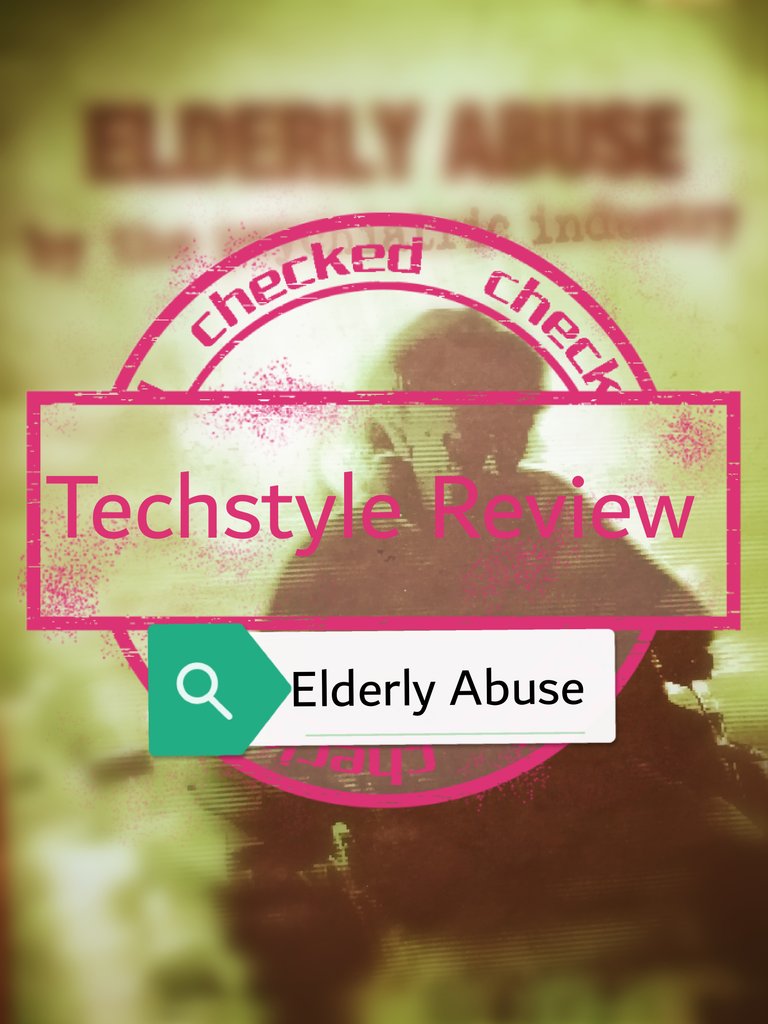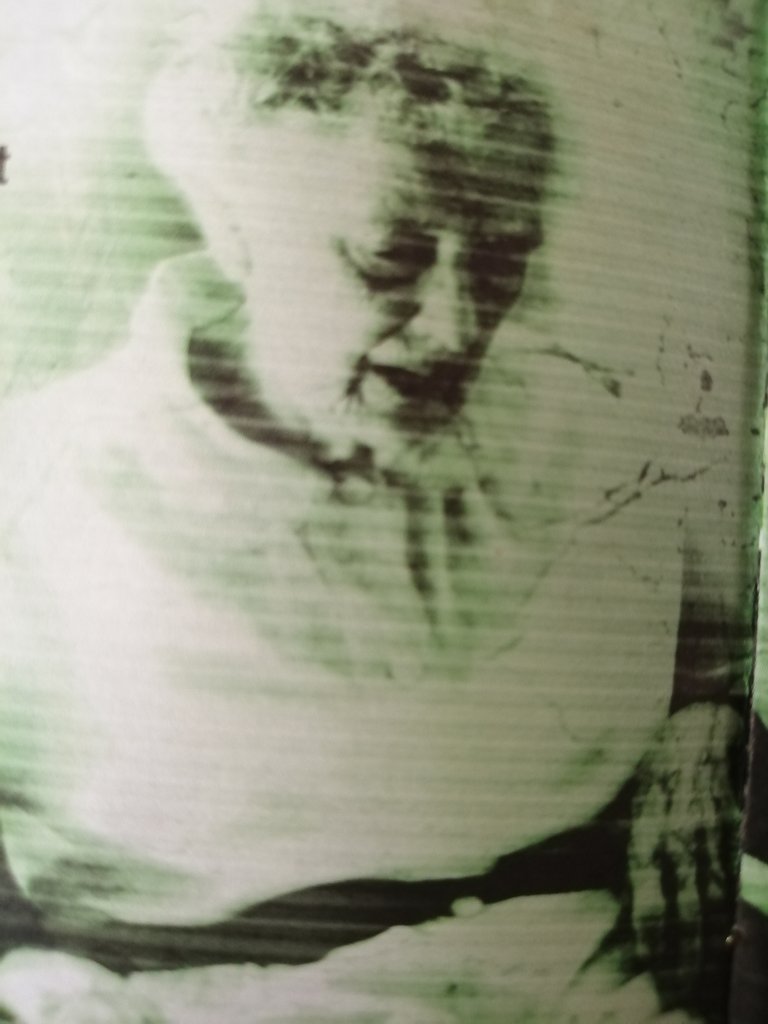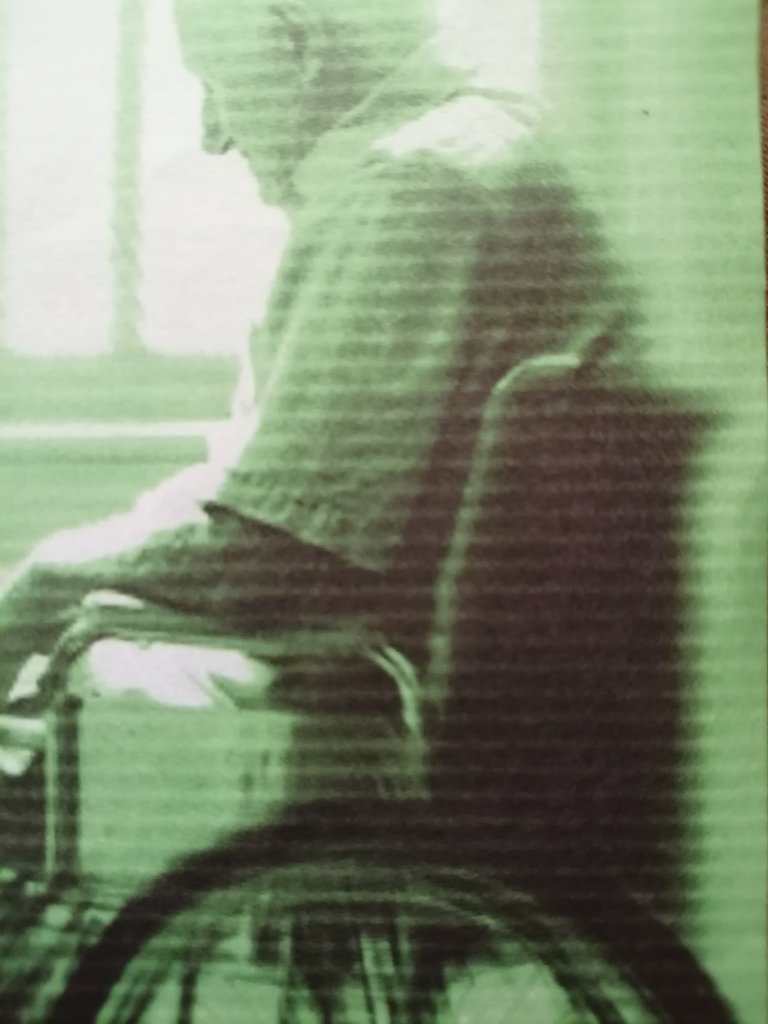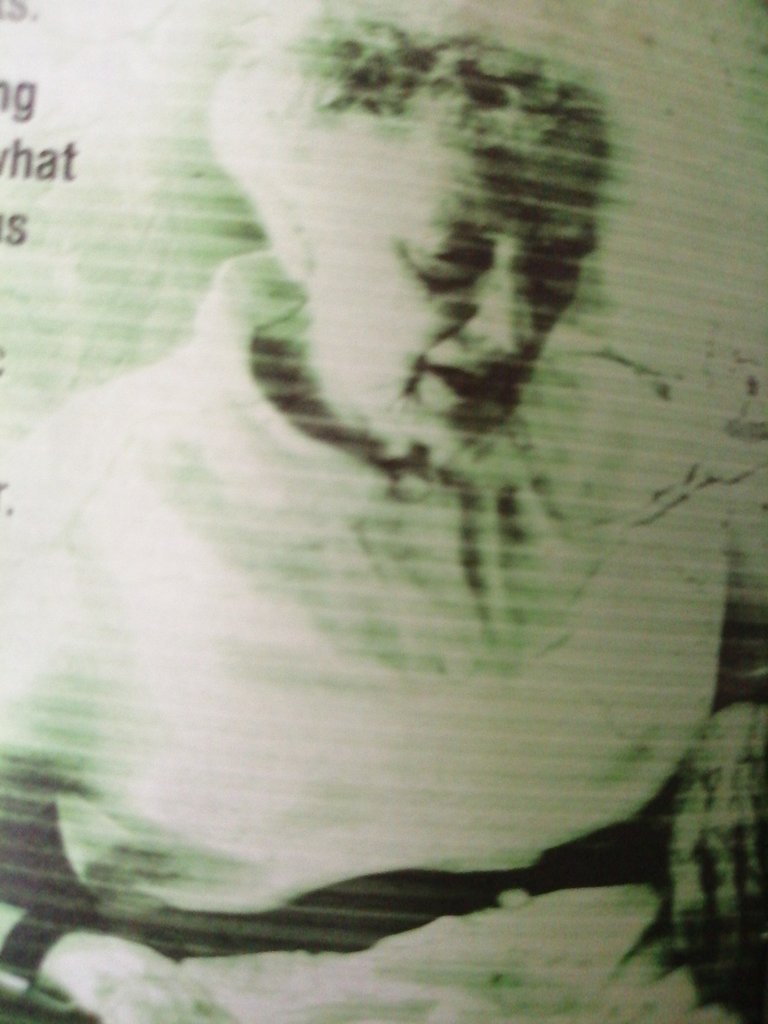This information is centered on replacements of the tradition way of life due to today's high pressure world, and technology by more "modern" means of dealing with the demands of life.

For instance, base on heavily community, church, and
family-based, issues today's task of Caring for our parents and grandparents routinely falls to organizations such as nursing homes or aged-care centers.
Accounting from this amazing publication, there we trust that professionally trained staff will take care of Our elders as we would, thereby transferring responsibility.



When Wilda Henry took her 83-year-old mother, Cecile, to a nursing home, "she walked in the place as good as you and I could." within two weeks, after being prescribed the psychiatric drug Haldol, Cecile began babbling instead of talking, drooling constantly, shaking violently and was unable to control her bowels. The dose, it was later discovered, had been increased to 100 times the recommended amount. A medical doctor determined that Haldol had caused these symptoms as well as permanent liver damage.

The reality of nursing home and aged care center life today is often far from the stylized image of communicative, interactive and interested elderly residents living in an idyllic environment. More often than not, the institutionalized elderly of today appear submissive, quiet, somehow vacant, a sort of lifelessness about them, perhaps blankly staring or deeply introspective and withdrawn. If not by drugs, these conditions can also be brought on by the use of electroconvulsive or shock treatment (ECT) or simply the threat of painful and demeaning restraints.
Rather than this being the failure of nursing hospital and aged care staff generally, this is the legacy of the widespread introduction of psychiatric treatment into the care of the elderly over the last few decades.

IMPORTANT INFORMATION FOR YOU AS YOU READ

This report is an overview of abuse of the elderly by psychiatrists. It contains information that is important for you to know. Courts have determined that informed consent for people who receive prescriptions for psychotropic (mood-altering) drugs must include the doctor providing "information about...possible side effects and benefits, ways to treat side effects, and risks of other
conditions..." as well as, "information about alternative treatments."" Yet very often, psychiatrists ignore these requirements. If you or someone you know is taking these drugs, do not stop based on what you read here. There could be serious withdrawal symptoms. Before trying to come off a PSYCHOTROPIC drug, seek the advice and help of a competent medical doctor or practitioner. This is very important. Citizens Commission on Human Rights (CCHR) does not offer medical advice or referrals but provides the information in this publication as a public service in the interest of iformed consent.


For further information about drugs
and their side effects, consult the
Physicians'
Desk Reference
Source
- Faith J. Myers. Alaska Psychiatric Institute. Alaska Supreme Court, No. S-11021, Superior Court No. 3AN-03-00277, Opinion No. 6021, June 30, 2006.

Source of the images on this blog is taken from the book Elderly Abuse. from my mobile device camera. Elderly Abuse is published by CCHR International.
CCHR International
I edited the image using my mobile phone image editor.
As dividers by @ecency - asset on discord.


Check out mood stabilizers effect for further readings on this page.

mood stabilizers


This is very true
Elderly throughout history and abuse, it makes me sick at my stomach. Thanks for pointing this out
That's correct, it's has been and mostly ignored factors.
That’s why I found the post important. Thank you
Congratulations @techstyle! You have completed the following achievement on the Hive blockchain And have been rewarded with New badge(s)
Your next target is to reach 6000 upvotes.
You can view your badges on your board and compare yourself to others in the Ranking
If you no longer want to receive notifications, reply to this comment with the word
STOP